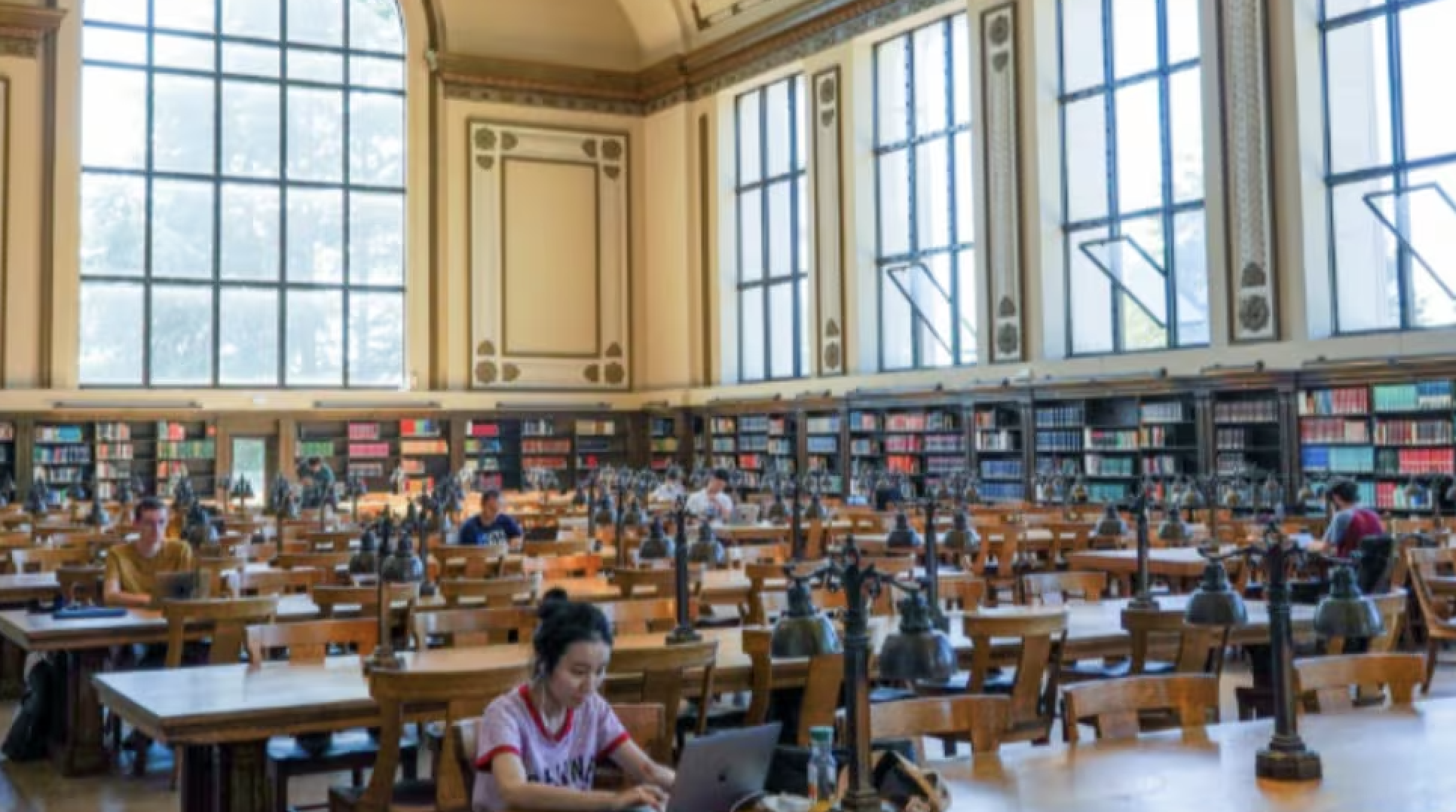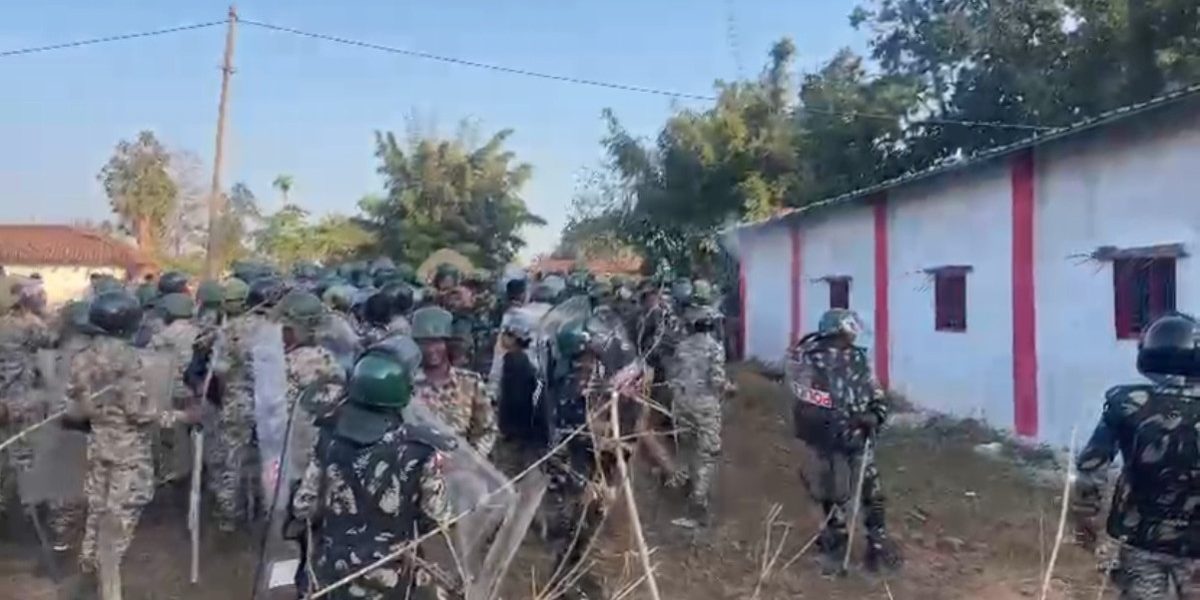By Saranga Ugalmugle and Mihir Desai
India’s declining rankings in the global indices are concerning. The 2023 World Press Freedom Index ranks India at the 161st position out of 180 countries, and the Human Freedom Index 2022 ranks it at the 112th position out of 165 countries.
Additionally, India’s position in the Rule of Law Index of the World Justice Project has declined to 77 out of 140 countries.
India’s populist and authoritarian government, which relies on demonising minority groups to maintain power, presents a significant danger to both dissent and human rights efforts within the nation. A report released by the Business and Human Rights Resource Centre based in the UK has highlighted that India is one of the most dangerous countries for human rights and labour activists in 2022.
The report reveals a concerning trend of increasing violence against activists and human rights defenders in India, posing a significant threat to civil society and the rule of law. Human rights defenders act as an accountability tool between the state and its citizens, reflecting back on the actions and decisions of those in power and holding them to a standard of transparency and responsibility.
However, the Indian government has been attempting to undermine, disparage, or even eliminate this accountability mirror, posing a grave threat to India’s democracy.
The Kashmir issue
The situation in Kashmir, a conflict zone in India, is particularly dire, with an almost complete suspension of democracy and the rule of law. The protracted dispute of the most heavily militarised region in the world continues to inflict suffering on the inhabitants of Kashmir. The Ministry of Home Affairs has recently announced the deployment of 10 military companies to Jammu and Kashmir, moving them from Delhi to the valley. This comes after the Indian government had already stationed around 700,000 military and paramilitary personnel in the region, with an additional 50,000 added in 2019.
Over time, there has been a gradual increase in militarisation. Human rights abuses occur with impunity, including illegal detentions, alleged rape and torture by armed forces, and destruction of homes and properties. The Indian state employs various methods to exert control over the valley, including curfews, communication blockades, and restrictions on press freedom and the right to protest. The people of Kashmir are denied access to justice, and the judiciary appears to have abdicated its responsibility to protect citizens’ rights and hold the state accountable.
With a region under such heavy administration of security forces that have impunity under the laws, the role of human rights organisations becomes particularly important. One such organisation in the valley, the Jammu Kashmir Coalition of Civil Society (JKCCS), had assumed a crucial role in holding the military-administered state accountable for its actions.
However, there has been a systematic attempt by the Indian state to delegitimise and eliminate JKCCS. The members of the organisation and their families are being hounded for their work, with their homes being raided, devices confiscated, and some being arrested. But why is the current government so bothered by a human rights organisation?
Seeking accountability
JKCCS has been led by courageous and competent human rights activists, Parvez Imroz and Khurram Parvez.
Founded in 2000, it is a non-funded, non-profit organisation that consists of various advocacy and research groups in Srinagar, Jammu, and Kashmir. Their mission is to promote a vibrant civil society and institution building in Jammu and Kashmir, protecting human rights, and seeking truth, justice, and reparations.
JKCCS engages in systematic documentation, litigation, and other programmes to speak truth to power and reinforce civil society to ensure peace and democracy in the region. They believe that the people of Jammu and Kashmir enjoy all internationally guaranteed civil, political, economic, social, and cultural rights, and aim to replace the culture of intolerance with one of dialogue and understanding.
It is pertinent to remember that the work of these human rights defenders has been internationally acclaimed…
This story was originally published in thewire.in. Read the full story here





